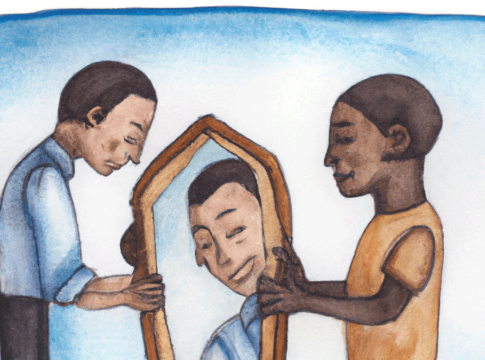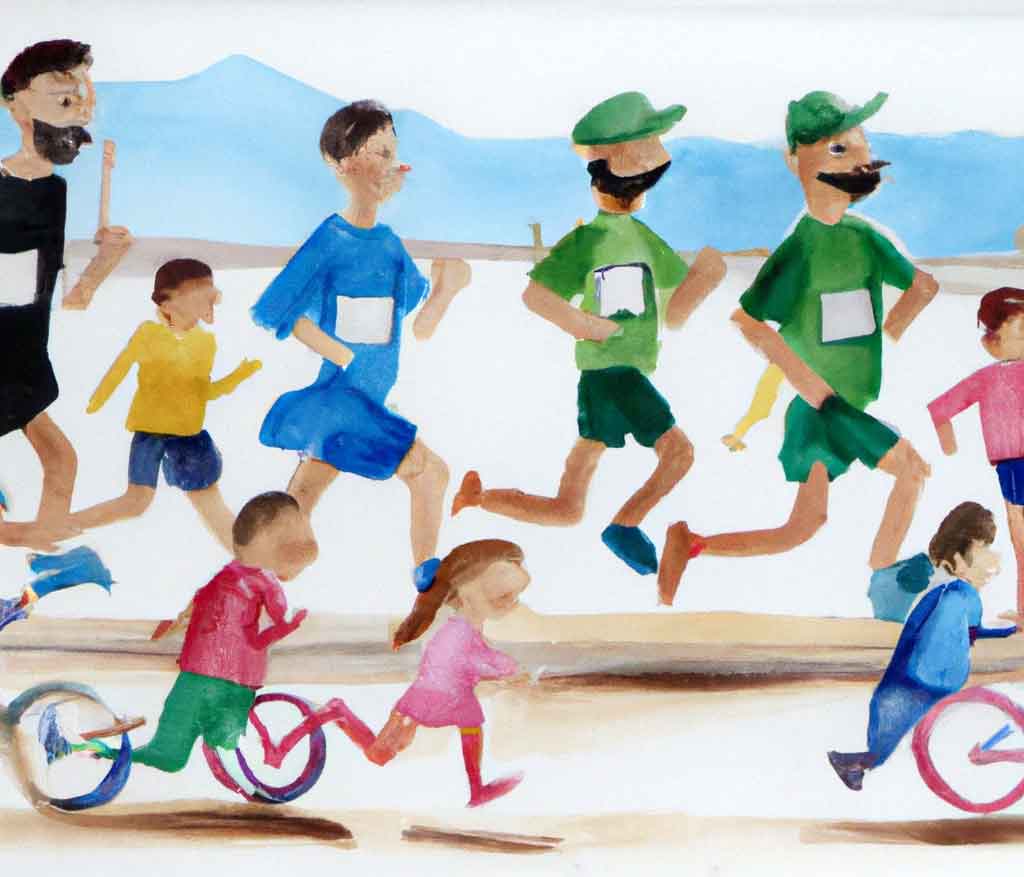Empathy: The Power to Understand and Connect
Empathy means feeling what others feel—understanding their emotions and perspective. It’s more than kindness: empathy helps us relate, support, and build deeper connections.
What Is Empathy?
Empathy is your ability to imagine what someone else is experiencing—whether they’re happy, sad, anxious, or excited. It comes in two forms:
- Emotional empathy: feeling another’s emotions.
- Cognitive empathy: understanding someone’s thoughts and feelings without absorbing them
Why Empathy Matters for Teens
In high school and beyond, empathy helps you:
- Build strong friendships and healthy relationships.
- Deal with conflict calmly by seeing both sides.
- Support others when they’re struggling—and earn their trust in return.
Real-Life Examples of Empathy
- If a friend is nervous about a test, empathizing means saying, “I’ve been there—how can I help you study?”
- In group projects, empathy helps you recognize when someone feels overwhelmed and jump in to assist.
Empathy isn’t just a warm feeling—it enhances resilience, social skills, and community well-being.
4 Ways Teens Can Grow Their Empathy
- Listen Actively
Turn off distractions and focus fully on someone talking. Notice their tone, expressions, and body language. - Ask Open Questions
Say things like, “How did that make you feel?” or “What helped you most?” - Reflect and Validate
Respond with phrases like, “That sounds really tough,” or “I can imagine that made you feel…” - Imagine Walking in Their Shoes
Picture what the other person might be thinking or feeling. Try journaling: write how YOU might feel in their situation.
Empathy in Action: What Teens Can Do
- Peer Support Groups: Join or create a group where classmates talk openly about stress, school, or life.
- Volunteer in Your Community: Help in shelters, animal rescues, or tutoring. Seeing different experiences boosts empathy naturally.
- Leadership with Listening: If you’re involved in student council, sports, or clubs, lead by asking peers for ideas and feedback—show that you value their feelings.
The Impact of Empathy
Teenagers who practice empathy tend to:
- Form deeper, more trusting relationships.
- Handle conflicts and bullying more effectively.
- Feel happier and more connected, because helping others uplifts them too.
Research indicates that higher empathy in adolescence is associated with improved social skills and greater resilience later in life.
Take Action Today
Empathy isn’t just a nice-to-have—it’s a skill you can train and grow. Here’s how to start:
| Daily Practice | What to Try |
|---|---|
| “Two-Minute Listening” | Pick a friend or family member—ask about their day and listen fully. |
| “Feel Their Shoes” | When watching a movie or listening to music, pause and reflect on characters’ emotions. |
| “Share One Kind Act” | Offer genuine compliments or check-ins with someone you care about. |
Final Thought
Empathy is your superpower. It builds trust, brings people closer, and helps create a kinder world. By understanding and caring, you don’t just support others—you grow into a stronger and more compassionate version of yourself.




